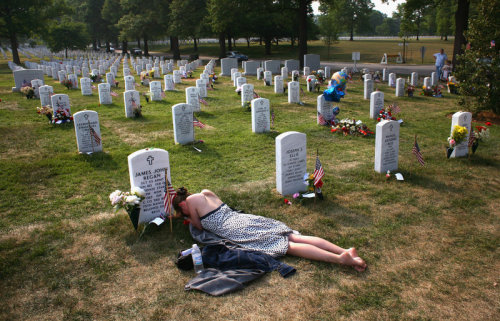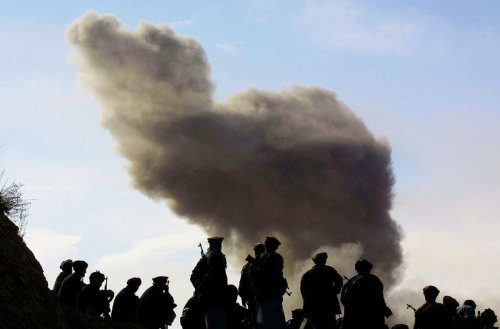npr:In the quarter-century from the end of the Vietnam War in the 1970s until Sept. 11, 2001, the Un
npr:In the quarter-century from the end of the Vietnam War in the 1970s until Sept. 11, 2001, the United States rarely went to war, and when it did, the conflicts were so brief they were measured in days. The Gulf War in 1991 lasted 43 days. Airstrikes in the former Yugoslavia in 1995 went on for 22 days, followed by another round in 1999, that time for 78 days.But since the Sept. 11 attacks, the United States has been fighting every single day for 15 straight years, the longest unbroken period in American history. The U.S. has carried out airstrikes, sent in ground forces, or both, in seven countries stretching from Pakistan in the east to Libya in the west. None of these conflicts has been resolved, and all signs point to years of strife ahead.Sept. 11 has reshaped the U.S. in countless ways, but perhaps the most profound has been the transformation from a country where peacetime was the norm into one seemingly locked into a permanent state of war. Yet strangely, the country doesn’t feel much like it’s at war.“Like the war on drugs or the war on poverty, the war for the greater Middle East has become a permanent fixture in American life and is accepted as such,” writes Andrew Bacevich, a retired Army colonel and professor at Boston University.Sept. 11 Legacy: One Endless War Against Many Radical EnemiesPhotos: Joe Raedle/Getty Images, John Moore/Getty Images, Sion Touhig/Getty Images -- source link
Tumblr Blog : npr.tumblr.com


